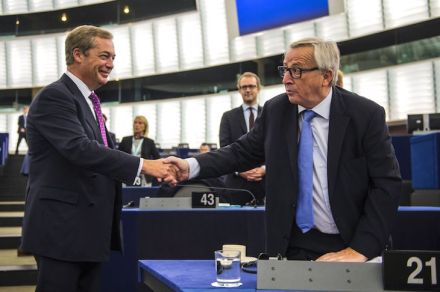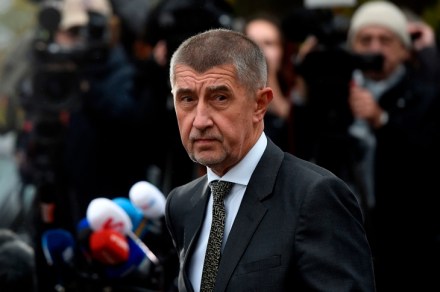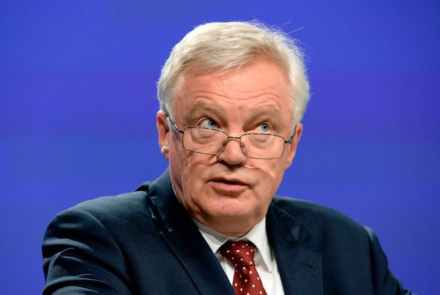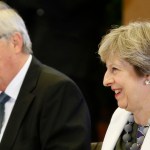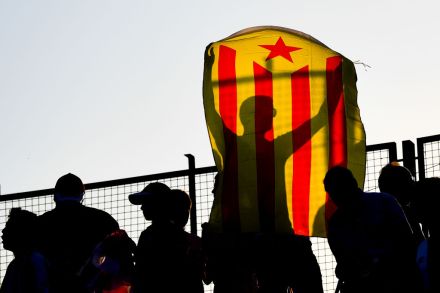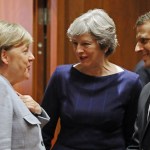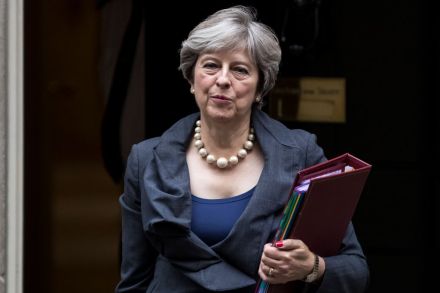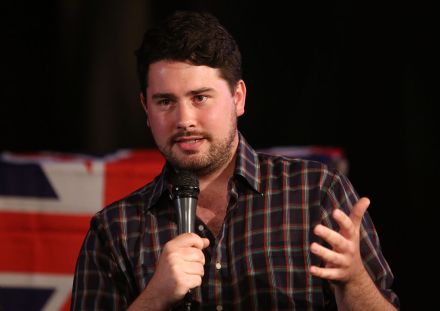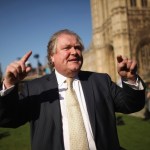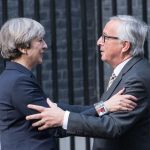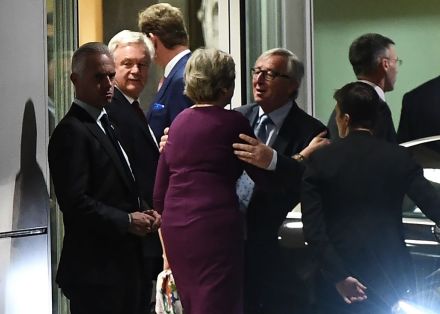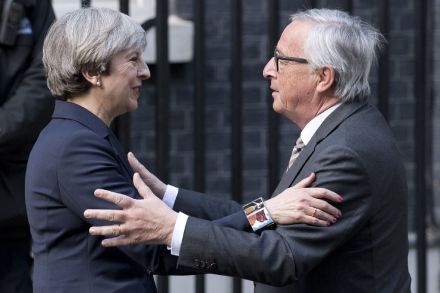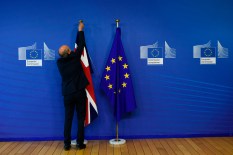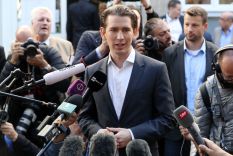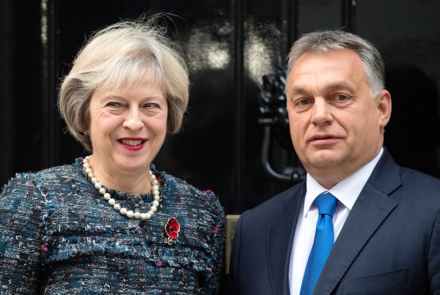The EU must open trade talks with the UK
Let me make it clear at the outset: I was against Brexit. However, I am appalled by the reaction to the referendum of the Europhiles in Brussels and elsewhere in the EU. Instead of taking the right lesson from Brexit, Commission President Jean-Claude Juncker and French President Emmanuel Macron used it to promote their project of a United States of Europe. The European Parliament’s Brexit spokesman Guy Verhofstadt displayed an unacceptable arrogance towards the British voters during the recent Brexit debate in Strasbourg and EU chief negotiator Michel Barnier continues to give the impression that he is out to punish them. Instead of developing a timetable for the negotiations together
